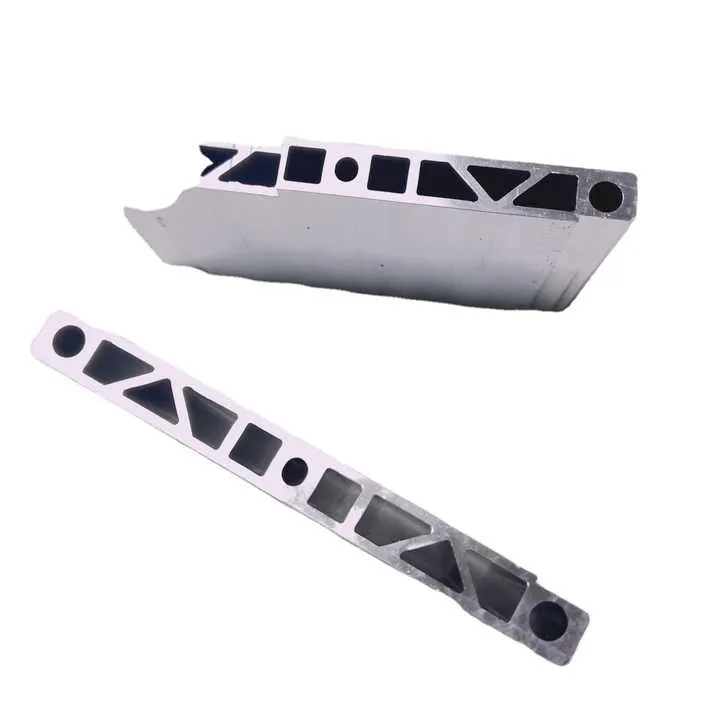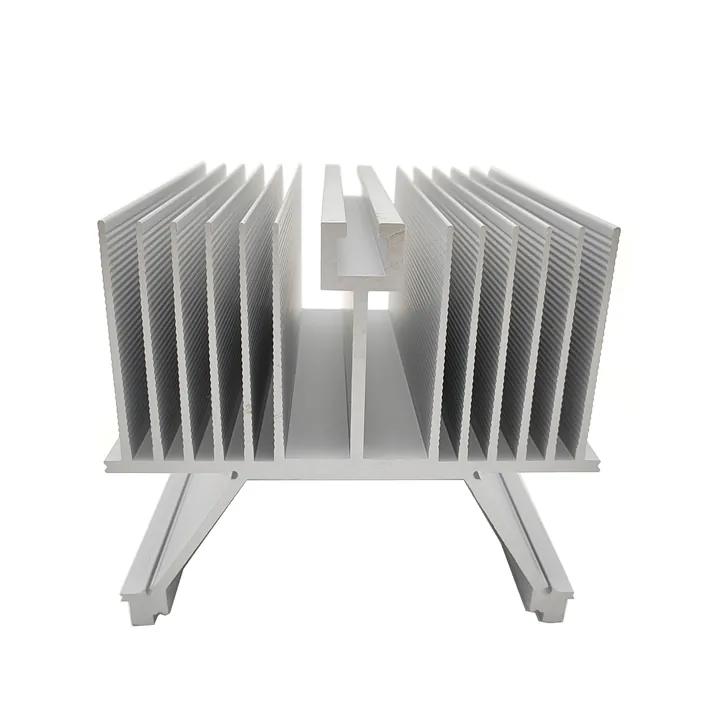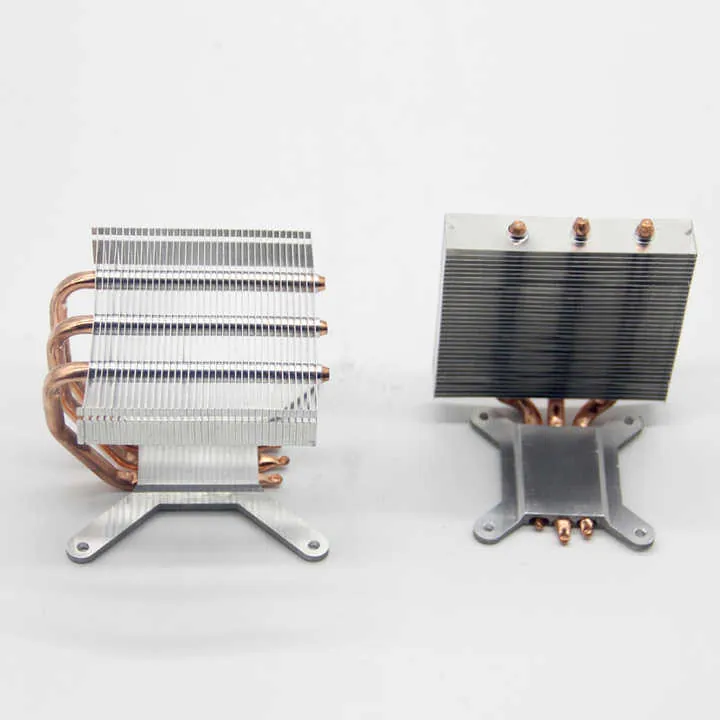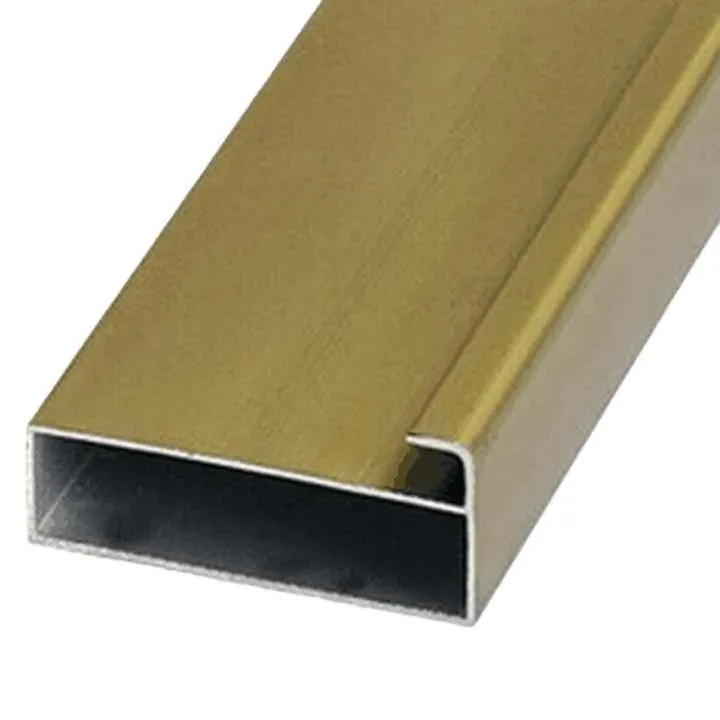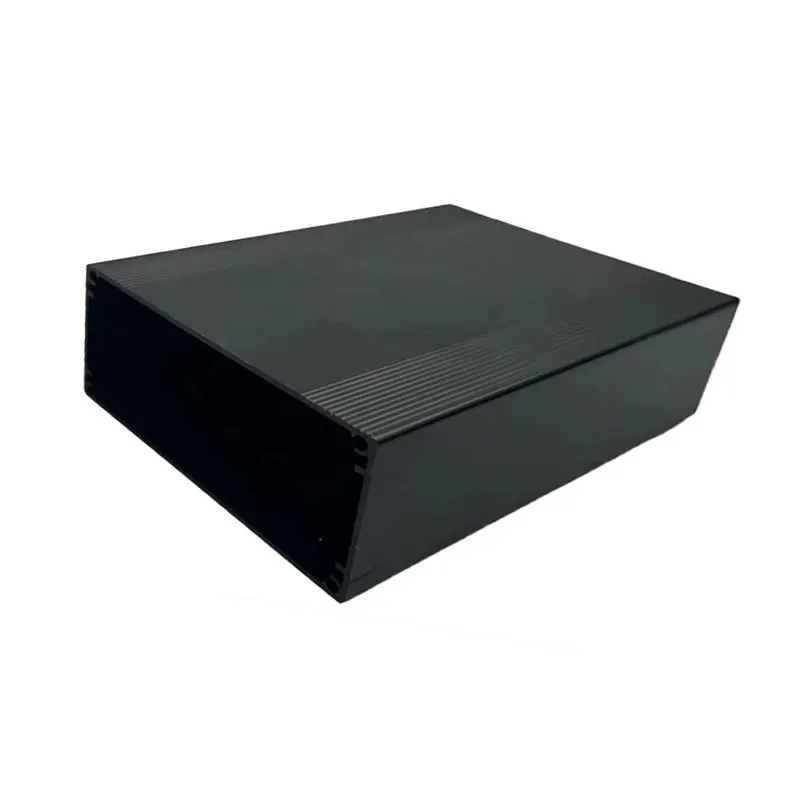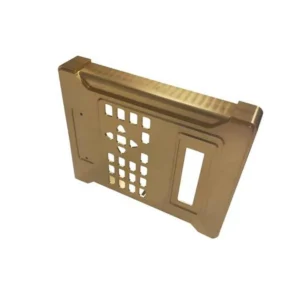
You’ve probably seen it spelled both “aluminum” and “aluminium.” Are they different materials? Different countries? Which one is right?
“Aluminum” is the standard American spelling, while “aluminium” is used in the UK and many other countries. Both refer to the same chemical element.
This kind of spelling difference can confuse international buyers. In our CNC aluminum part business, we’ve seen clients use both forms. But it always refers to the same material-no matter the spelling.
Why is it spelled aluminium in the UK?
If you’re from the US, “aluminium” might look like a typo. But in the UK, that’s the only accepted form. Why the extra “i”?
It’s spelled “aluminium” in the UK to match naming conventions for other elements like sodium, potassium, and magnesium.
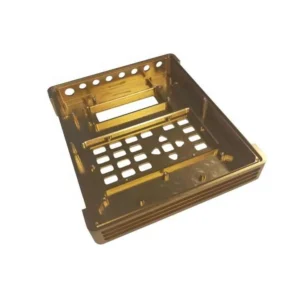
The British preference
When aluminum was first named, British chemists wanted the word to sound more scientific and systematic. They followed the pattern of ending in “-ium” for metals, making it sound consistent with other elements.
This became standard in:
- The UK
- Most of Europe
- Australia
- India
- Canada (sometimes both forms are used)
So if you're reading a UK materials catalog or engineering specification, expect to see “aluminium.” But don't worry-it’s the same material we use in our anodized parts or CNC housing components.
Why it matters in global trade
If you're working internationally (as many of our clients do), knowing this difference avoids confusion. Imagine you’re quoting CNC work for “aluminium panels” from a UK buyer-rest assured, they’re not asking for anything exotic. Just plain aluminum.
Are aluminum and aluminium the same element?
This is a common concern, especially when reading datasheets or international quotes. Some engineers even ask if there’s a chemical difference.
Yes, aluminum and aluminium are 100% the same element. They share the same atomic number (13) and the same chemical and physical properties.
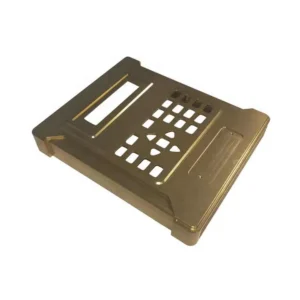
Scientific properties
Here’s a quick refresher:
| Property | Value |
|---|---|
| Atomic Number | 13 |
| Symbol | Al |
| Density | 2.70 g/cm³ |
| Melting Point | 660.3°C |
| Common Alloys | 6061, 6063, 5052 |
| Applications | Aerospace, electronics, CNC parts |
So whether your customer says “aluminium bracket” or “aluminum housing,” it’s the same material we’re cutting, finishing, and inspecting in our CNC shop.
Story from our factory
A US customer once thought their UK partner was using a different material and requested samples of “aluminium.” After clarifying, they both laughed-it was just a spelling issue. But the confusion delayed the project by two days. Lesson learned.
Which spelling is officially correct?
You might wonder-is there a “right” way to spell it in science or business? Can we standardize it somehow?
Both “aluminum” and “aluminium” are officially correct, depending on regional standards. The IUPAC recognizes “aluminium” as the international standard.
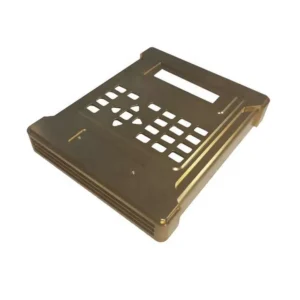
IUPAC and global norms
The International Union of Pure and Applied Chemistry (IUPAC) sets naming standards for elements. In 1990, they adopted “aluminium” as the official international name.
But:
- The United States uses “aluminum” in legal and commercial contexts.
- Canada uses both, depending on the industry.
- Scientific journals follow the style guide of the publication’s region.
Here’s a breakdown:
| Region | Common Spelling | IUPAC Conformity |
|---|---|---|
| United States | Aluminum | ❌ Not IUPAC |
| United Kingdom | Aluminium | ✅ IUPAC |
| Europe | Aluminium | ✅ IUPAC |
| Australia | Aluminium | ✅ IUPAC |
| Canada | Both | ✅ or ❌ |
So if you're writing a scientific paper, use “aluminium.” If you're creating a product catalog for US clients, stick with “aluminum.”
How did the spelling of aluminum originate?
This isn’t just a cultural split-it’s a spelling war that goes back over 200 years. And yes, it started with a chemist.
The word “aluminum” was first coined by British chemist Sir Humphry Davy, but it changed forms several times before settling into two versions.
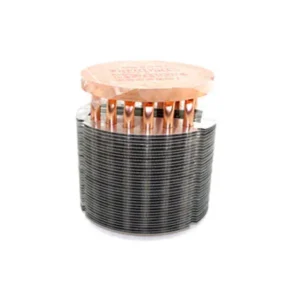
Timeline of the spelling
Let’s walk through how the name evolved:
| Year | Spelling | Who/Where | Notes |
|---|---|---|---|
| 1807 | Alumium | Sir Humphry Davy | Based on “alum,” the mineral source |
| 1812 | Aluminum | Davy’s revision | Published in a chemistry journal |
| 1812 | Aluminium | British scholars | Changed to match other elements like sodium |
| 1820+ | Both in use | UK & US | Split begins |
| 1890s | Aluminum | US usage grows | Popularized by U.S. industries and publications |
In the U.S., “aluminum” was simpler and more popular. It became dominant through industry-especially the Pittsburgh Reduction Company (which became Alcoa), one of the earliest mass producers.
In the UK, scholars and chemists stuck with “aluminium.” That version spread through British influence around the world.
Conclusion
Aluminum and aluminium are two names for the same metal. Your choice depends on where you live-or who you're doing business with.


